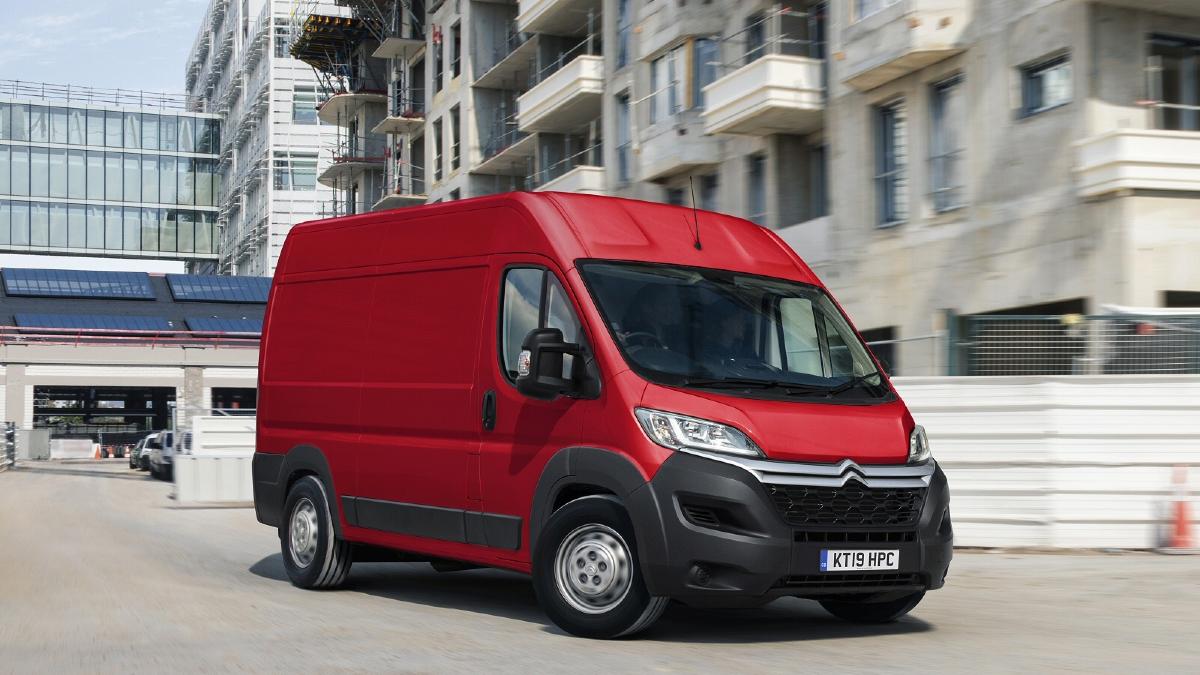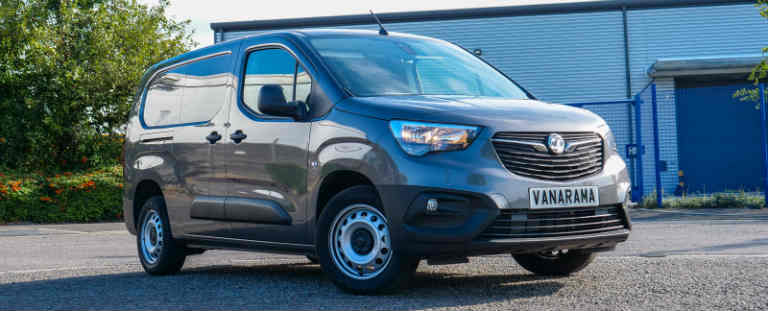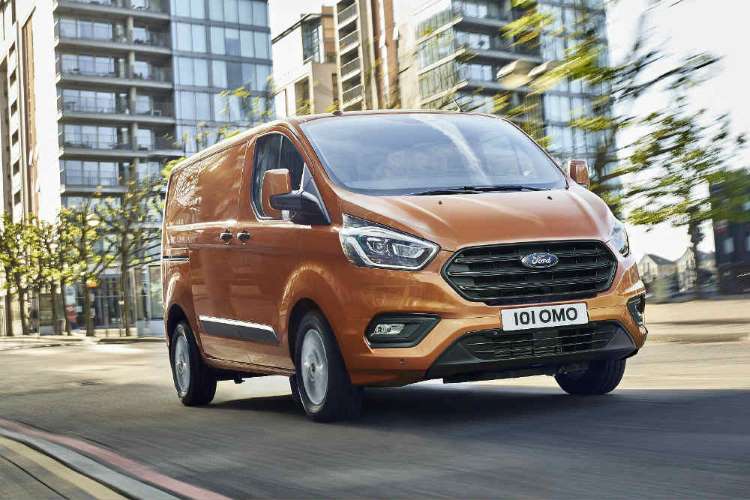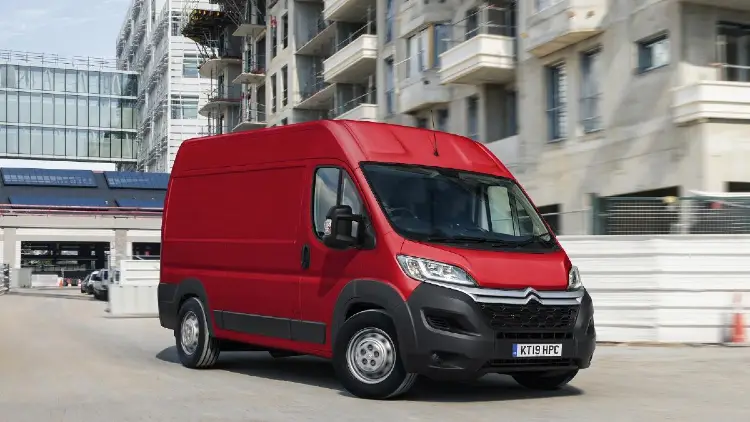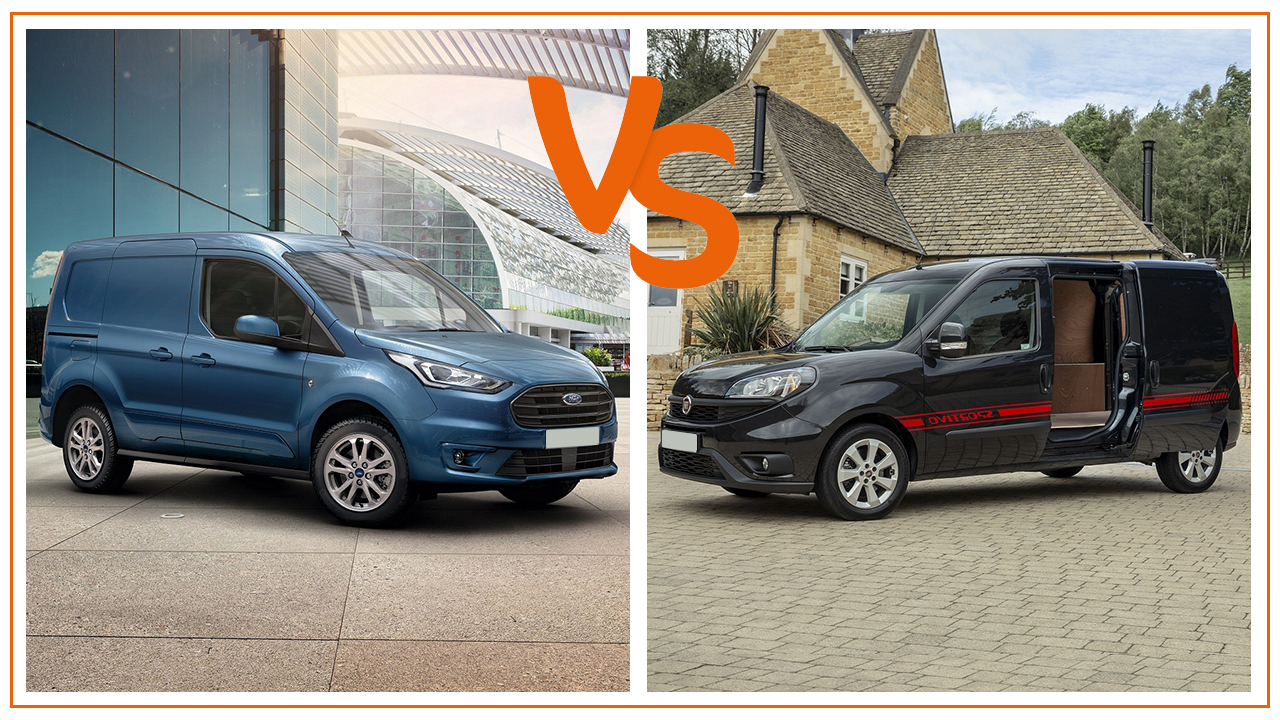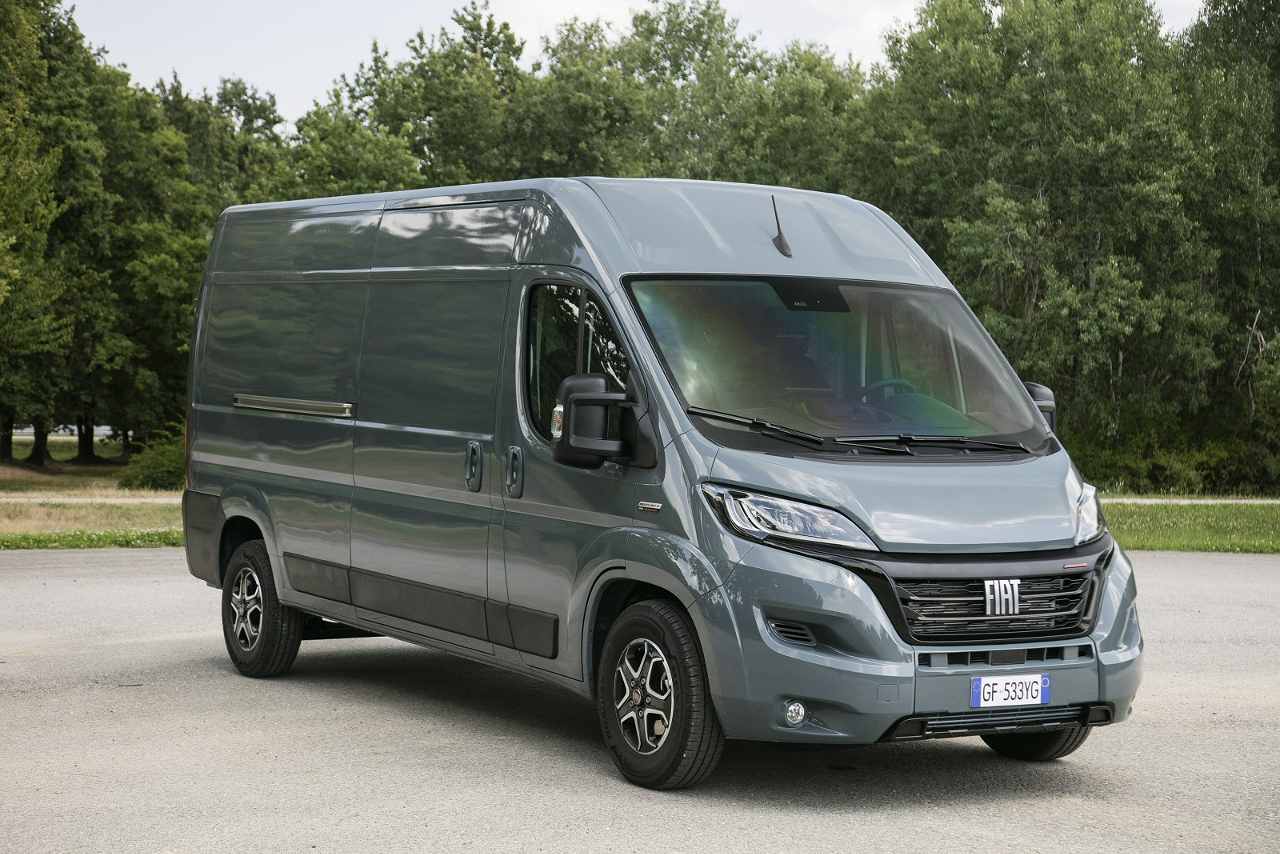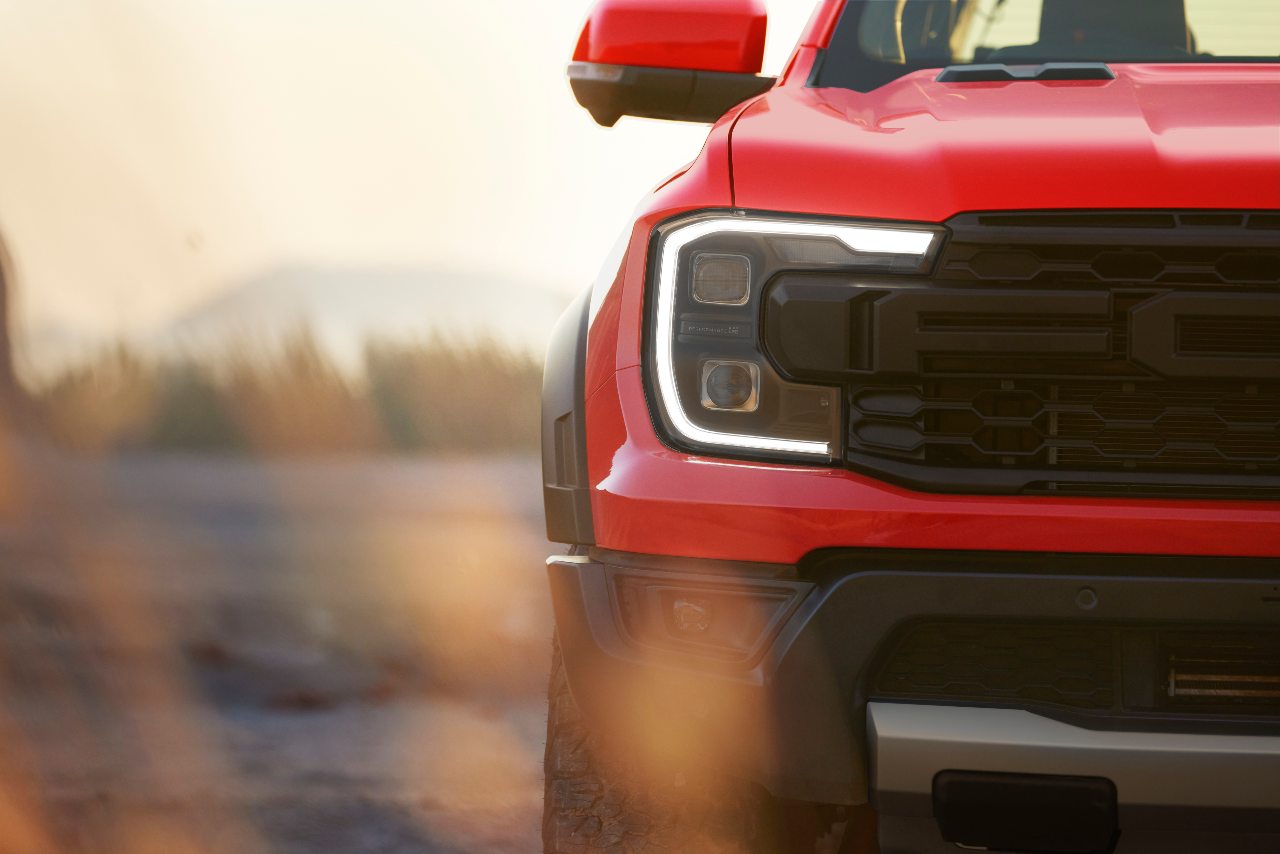If you’re a self employed builder, you’ll know how important it is to have the right van for the job. It’s probably the biggest investment that you’ll make after your premises, and you’ll want to make sure that it is totally fit for purpose and that it returns value. Builders’ vans have a tough life, and you’ll not want it to let you down...
What Makes A Good Builders Van?
In a nutshell: a great payload. Bags of cement and bricks weigh a lot and are what a builder needs on-site to carry out the work. With payloads of up to 1500 kgs and being able to carry Euro pallets, a medium van such as a Ford Transit Custom or a Vauxhall Vivaro can be the perfect solution. As a builder heading off to site on a Monday morning, you might have a loadspace full of tools, goods and equipment, ladders on the roof, and the rubbish you keep meaning to clean out. Add to this the weight of you and your mates in the passenger seat and you’ll soon realise that leasing a van with the best possible payload is a wise move.
As payloads being offered on medium vans these days have improved, a large van such as a Renault Master or a Fiat Ducato will offer more load space but, because they are heavier to start with, potentially the same or even less payload than a medium van. This makes it quite easy to unintentionally overload larger vans. Most medium vans will allow a builder to carry the standard 8' x 4' sheets of board flat in the van, between the wheel arches.
Of course, basic ply lining is essential to protect the vehicle from damage that can devalue a van faster than almost anything else - any van you lease from Vanarama comes with ply lining fitted free of charge. If your van doesn’t have one fitted as standard, a sturdy bulkhead will also ensure that the driver and passengers aren’t joined during the journey by a pallet of bricks or a bag cement.
What Size Van Is Best For A Builder?
A medium van like the Vauxhall Vivaro or Volkswagen Transporter will suit many builders. They have the advantage of good payloads, a loadspace capable of taking pallets and also some longer lengths when using a load through bulkhead allowing pipes and other long items to pass through and under the passenger seat. The roof is low enough to allow for access to some height restricted areas such as car parks and this will also allow for safe and easy loading of ladders onto roof racks.
Some builders who get materials delivered to site may not need a large loadspace or high payload, so a small van could be just the job. There’s plenty of room for tools and other equipment needed during the working day and, if you do need to nip to the builders merchants in town, the trip (and parking) will be much easier - they are usually more economical in fuel too.
For those regularly working on bigger projects, a large van might be what you need. Although the payload might be similar (or even less) than a medium van, the additional volume inside the loadspace will be critical for those regularly carrying bulky materials such as insulation. A large van will mean that there’s no waiting around for the delivery from the merchants as you’ve already collected the stuff, and you’ve brought it back in just the single journey, whereas in a medium or small van it may have taken multiple trips.
Best Small Van For Builders
Vauxhall Combo
Although it might be classed as a small van, the Vauxhall Combo has a huge appetite for work. In the longer L2 model you’ll get a load that’s 1877mm long, and that’s without using the load through bulkhead which takes this capability up to 2167mm. But, what if you need to carry some materials that weigh almost a tonne? Not a problem, all diesel Combo vans have a payload of at least 900kg right up to 1002kg, and it’ll even take a europallet.
Read our Vauxhall Combo review for more details.
Best Medium Van For Builders
Ford Transit Custom
When trying to decide which is the best van for any trade, it’s almost impossible to overlook Ford. And for the builder looking for a medium van, the Transit Custom has to take the trophy of Best Medium Van for Builders - after all, in 2022 it was Britain’s best selling vehicle, including cars. The Custom has an unrivalled reputation for comfort and practicality, and with a choice of 2 roof heights, 2 lengths, and 4 weights together with multiple engine and trim options there’s a Custom for every builder's individual requirements. There’s even a Custom with a payload of 1227kg, and double cab versions that can carry additional passengers to site while still retaining a good-sized loadspace in the rear.
Read our Ford Transit Custom review for more details.
Best Large Van For Builders
Citroen Relay
Built for work - that’s the Citroen Relay. Ask any builder that owns one and they’ll tell you that the big van from the French manufacturer can take anything thrown at it, just getting on with the job without fuss. Is it the best looking large van on the market? That’s open to debate, but when you’ve got a large load weighing 1500kg to carry to a site some distance away you’re not going to be too worried about how pretty your van looks. But don’t think that the cab will disappoint. Citroen knows that tradespeople value the space that the Relay has always offered, and these days the van has plenty of the latest safety tech and driver aids, with most models now boasting air conditioning and satellite navigation as standard.
Read our Citroen Relay review for more details.
What Van Security Features Should Builders Look For?
There’s no hiding the fact that vans are being increasingly targeted by thieves, often not for the vehicle but for the contents. Apart from the financial impact of replacing the stolen items and having any damage on the van repaired, there’s the cost of lost business while things are put right.
Many new vans now have Thatcham-approved alarms which add a decent layer of security, but while manufacturers are constantly improving the locks used on vans, it might be worth investing in additional aftermarket equipment such as deadlocks, A common method of breaking into vans is nicknamed ‘peel and steal’, where the side door is torn open from the corner to gain access to the loadspace. Locking systems are available to add security to the top and bottom of these doors, deterring attacks of this type which cause extensive damage to the vehicle. Read our top 5 security tips for vans for more ideas on how to safeguard your van and tools.
Builders Van Racking & Storage
Some builders like to 'customise' the interior of their van to suit their own specific needs – there are various van racking solutions available from companies specialising in this aspect & van racking kits can be ordered directly for DIY fitment. Metal van racking in particular is durable & can be transferred from an old van into a brand new one. There are huge amounts of storage solutions to choose from including modular stacked arrangements, self-built wooden storage, slide-in form-fitted draws, door-hung storage, and more. Some of these are designed specifically with the builder in mind, with racks for bins of multiple sizes, keeping those small items in order and easy to locate.
Tax Benefits Of New Commercial Vans
How much tax you can claim back on a new van depends on the new van finance option you choose. Check out our articles in our van leasing explained section to find out more.
Generally speaking, as they are classified as ‘plant & machinery’ for tax purposes, 100% of the cost can be used to reduce tax liability against profits. The VAT paid is normally reclaimable for VAT registered businesses, and if the van is used for personal use, a reduced level of personal tax is payable compared to a car.
Financial Advantages Of Leasing A Van
You're probably aware of the major differences between buying and leasing – buying outright gives you an asset, but leasing gives you a lot more freedom to upgrade every 2-5 years and is often far more affordable. You’ll drive away in a new van, paying affordable fixed monthly payments with no hidden costs or fees. You can choose to pay a lower initial rental payment for your lease, making it easier to access a new van rather than saving up a lump sum. You’ll decide your contract length, annual mileage, and model, so you can tailor your deal to exactly what you need. Servicing and maintenance can also be added to your plan as an optional extra. Plus, you don’t need to worry about depreciation and selling your van for a lower cost – just hand the vehicle back to us and potentially get an even newer van on another deal.
If you're new to leasing and would like to know more, take a look at our easy to understand van leasing guides.
Benefits Of Signwriting For Promoting Your Business
Having your van sign-written is an incredibly powerful and cost-effective way to promote yourself, your trade and your business (you don't even have to drive the van to advertise yourself, it could just be sat on a customer's driveway). If you really want to make an impact, you could even have your new van completely wrapped, displaying some seriously good graphics, and this has the added advantage of protecting the original paintwork.
There are no restrictions on what you can put on your van (within the boundaries of taste) and the publicity is great value for money. Did you know that a recent study shows 3,000 people an hour will see your van when you drive in a city?
One of our customers even told us that sign-writing their van got them £10,000 worth of business in just ONE WEEK! Food for thought? And you shouldn’t need to worry about end of lease charges, modern vinyl lettering can be removed easily (with care) leaving no residue on the van. The days of painted lettering are almost completely gone.
Best Vans For Builders FAQs
What other vehicles can builders use?
Many builders prefer to lease a pickup. These are ideal, as a double cab pickup can be used as a dual-purpose vehicle. The loadspace, whilst not as big as most vans, will usually take a payload of 1000kg, and materials such as bulk loads of sand or cement can be dropped straight onto the open deck, rather than having to be manoeuvred into the back of a van. The four-wheel drive options and high ground clearance makes a truck ideal for working on-site or for getting to locations with poor access. As this type of pickup has a second row of seats, and is often equipped to a standard seen in many premium passenger cars, they can be used for leisure purposes when the working week has finished, often meaning that the builder doesn't need both a car and a commercial vehicle.
Are there any electric vans which are useful to builders?
There are plenty of electric vans on the market suitable for builders, but the all electric Ford E-Transit has an option called Pro Power Plus. This offers a 240-volt power output of over 2 kilowatts, providing the driver with enough electricity to operate a compressor, external lighting, and to operate or charge specialist tools and equipment.
Check out our van blog for more news and articles, or head to our van leasing special offers for our best leasing deals.

